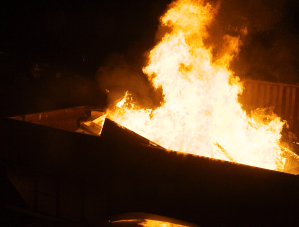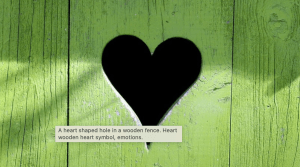The opinions opined in this blog are NOT necessarily those of the denomination nor the church I serve. Just wanting to get that out there, because not everyone agrees with me.
Huh. Thinking I might need to add my spouse to that list.
I’ve been struggling with putting together meaningful sentences for the last week or so. Some of it is personal (mom tripped over a fake alligator while visiting Florida and broke her hip… ended up with a stomach ulcer… etc.) but so much of it has to do with what is happening in national politics.
Since January I’ve done several things to protect my personal sanity. I deleted Facebook and Instagram accounts (not wanting a single penny going into the pocket of Meta) and limited my news intake. Reading Chris Hayes book, “The Sirens’ Call1” was extremely helpful in this regard.
I’ve also adopted a FAFO* stance, figuring that there’s precious little I can do on the national level to stop the dumpster fire that has become our government, and have chosen instead to focus on the local level. I can only have impact on the three feet around me, etc. etc.
I figure, if our nation becomes the fascist fantasy of a few it will be important to have support networks in place on the local level akin to Mutual Aid2. That doesn’t mean I don’t care, or that I’m not going to respond… it just means that I’ve come to realize that I can only do what I can do. When I can do more, I will do more.
Most days this is sufficient. Then there’s yesterday.
Yesterday we learned that a reporter was accidentally invited to a group chat on a commercial chat platform to discuss a military objective. I’m not going to get into the weeds here regarding the information shared, nor the probability that the choice of using a commercial platform was likely to avoid FOIA requests in the future. I could potentially discuss the impact of abandoning an established culture without carefully assessing what is in place and why.3
Instead, I’m finding myself playing the role of a mom addressing her wayward teen who didn’t take something (like, you know, national security) seriously. I find myself wanting to wag my finger in the faces of everyone who played a part in this story. It’s as if America has lost its prefrontal cortex and has no clue about things like consequences. I want to lean in hard with that wagging finger and scream:
- IF you don’t appoint people who understand the position they are filling… FAFO*.
- IF you don’t follow rules that were established to prevent mishaps from happening… FAFO*.
- IF you believe the rules and the law doesn’t apply to you…. FAFO*.
And, the rest of us don’t get off easy. If WE elect someone who surrounds himself with people who are sycophants, willing to ignore the rules in search of approval and rewards then…. FAFO*.
Of course, this is just one area of government. Unless the culture inside the current administration changes, expect similar issues from other areas (see footnote 3). This house is built on sand, and will not stand.
May God help us, for heaven knows we’re unable to help ourselves.
*Fuck Around and Find Out.
- https://www.parthenonbookstore.com/item/zb7C99cVE0wCt0gAA9rACA (my local bookseller) ↩︎
- So many resource out there on Mutual Aid. Here’s one developed during Covid: https://mutualaiddisasterrelief.org/wp-content/uploads/2020/04/NO-LOGOS-Mutual-Aid-101_-Toolkit.pdf ↩︎
- :::shows PhD in Organizational Leadership:::: ↩︎







